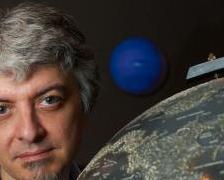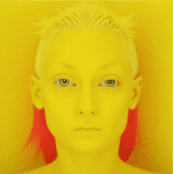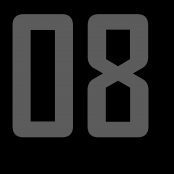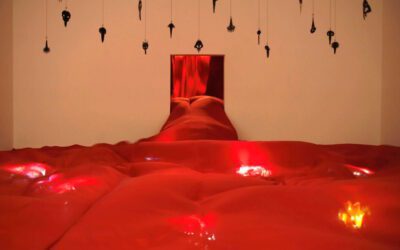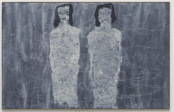Blast it, Scotty!
Academics at the University of Strathclyde in Glasgow are set to investigate the removal of space debris and deflection of asteroids – leading the first research-based training network of its kind in the world.
The ‘Stardust’ project will train the next generation of scientists, engineers and policy-makers with Strathclyde leading 14 partners across Europe in a new €4 million programme.
The European Commission-funded network will launch early next year and its pioneering research will have a significant impact on the future decisions of Europe on some of the most pressing issues in current space research. The University is already home to Scotland’s largest space engineering centre.
Professor Sir Jim McDonald, Principal of the University of Strathclyde, said: “To be selected to lead this international area of space research is an excellent achievement and demonstrates the strength of our research capabilities and our success in working with partners in academia and industry.
“The observation, manipulation and disposal of space debris and asteroids represent one of the most challenging goals for modern space technology. Stardust will provide Strathclyde with the opportunity to make the significant advances needed to help protect our planet.”
Stardust will be led by Dr Massimilano Vasile of the University of Strathclyde’s Department of Mechanical and Aerospace Engineering, which is also the base for the Advanced Space Concepts Laboratory – a pioneering research hub which is delivering new approaches to space systems engineering to underpin new space-derived products and services for science, telecommunications and Earth observation.

Dr. Massimilano Vasile will lead world’s first research network to look at space clean-up. Image: Graeme Fleming, University of Strathclyde
Also based within the department is the Centre for Future Air-Space Transportation Technology, a research base dedicated to revolutionising future air and space travel – and putting Scottish space engineering on the map.
Dr Vasile said: “Asteroids and space debris represent a significant hazard for space and terrestrial assets and could have potentially devastating consequences for our planet.
“The two share a number of commonalities. Both are uncontrolled objects whose orbit is deeply affected by a number of gravitational and non-gravitational interactions, both have an irregular shape and an uncertain attitude motion, and both are made of inhomogeneous materials that can respond unexpectedly to a deflection action.
“Such a significant multidisciplinary technical challenge, with real societal benefit for the future, represents a compelling topic for a training network. I am delighted that we have secured this level of funding and we are looking forward to pushing the boundaries of current technologies and developing the next generation of space experts.”

The aim of art is to represent not the outward appearance of things, but their inward significance. – Aristotle

